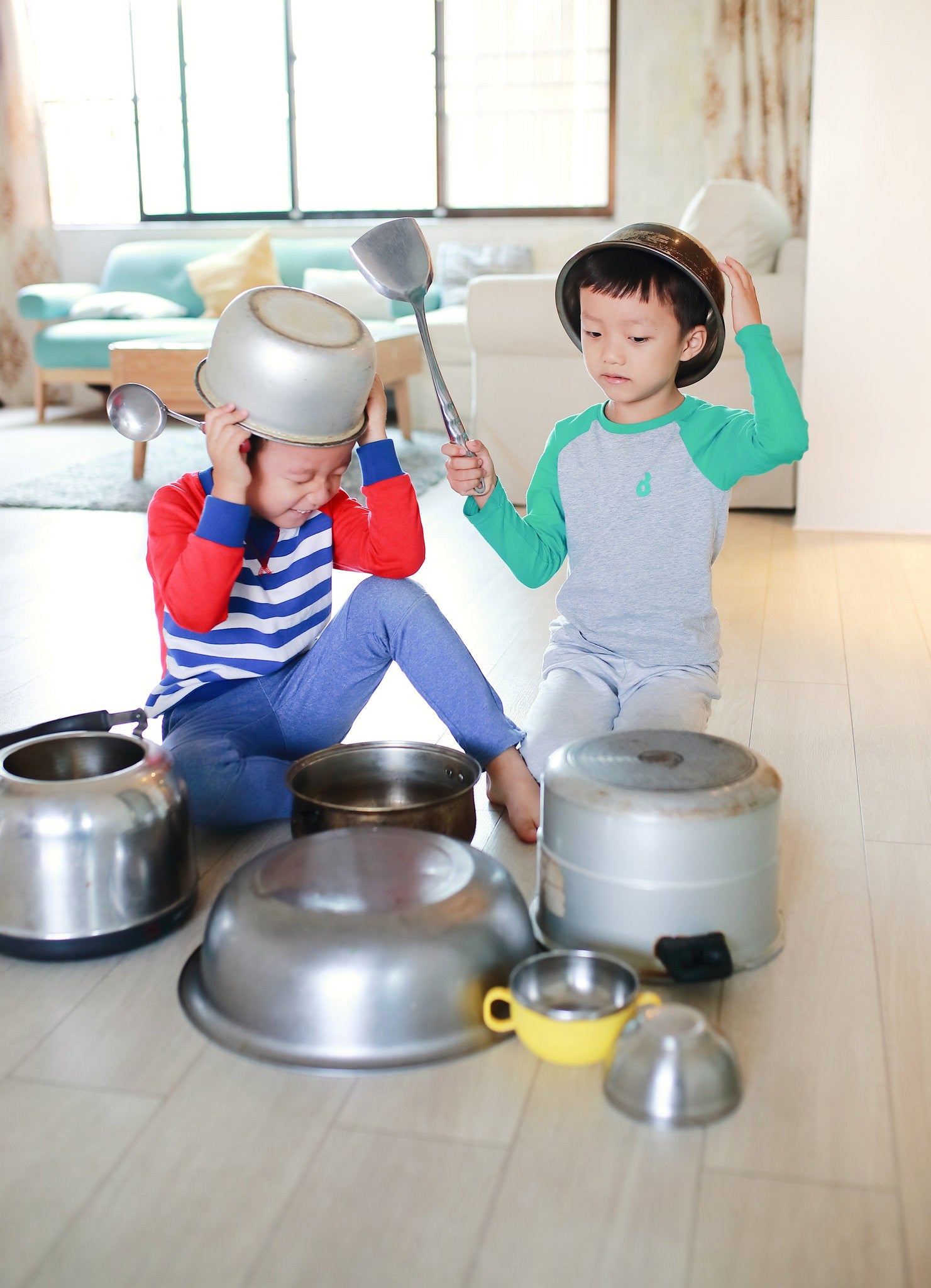
“play is not a specific activity, it’s an approach to learning, an engaged, fun, curious way of discovering your world,” Dr. Tamis-LeMonda has said in an article written by Perri Klass M.D., for the New York Times.
they write that, despite several observations / studies / facts spouting the importance and naturalness of children’s play –
- in exploring and learning about the environment
- in babbing and learning the tools of language
- in understanding concepts (blue ball)
- in muscle development, and so on
play is still today being threatened -
at home – by either too much attention, planning, “activities” and not so playful “teaching” or conversely too little attention from distracted adults.
in fact, distracted parenting is especially troublesome - parents are as glued to their screens which both sets a terrible example for kids, and actively limits children’s learning.
in a study published in 2017 by Dr. Hirsh-Pasek, mothers taught their 2-year-olds two novel words. when the interactions were interrupted by a cellphone call, those children DID NOT LEARN the new word. that’s how much our adult ATTENTION affects our children’s.
even for children themselves, they need a lot more play than screen time can give them “children need to engage with real objects, handling them, building with them, dropping them and throwing them.”
free play in early childhood and beyond
the article goes on to write about free play being restricted not just to early childhood but continuing as a learning tool right into adulthood – when children chase their natural curiosity, find out about things, tinker and build things – discovering and mastering the world around them while discovering themselves at the same time
read the entire article here: https://www.nytimes.com/2018/01/29/well/family/taking-playtime-seriously.html




Leave a comment